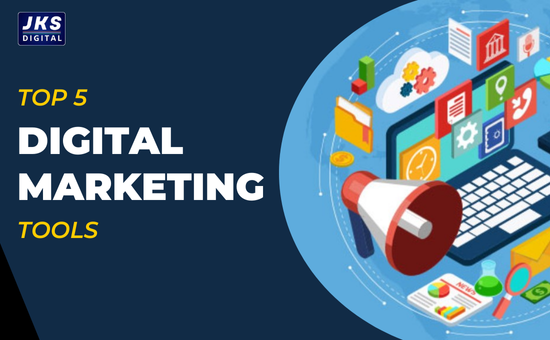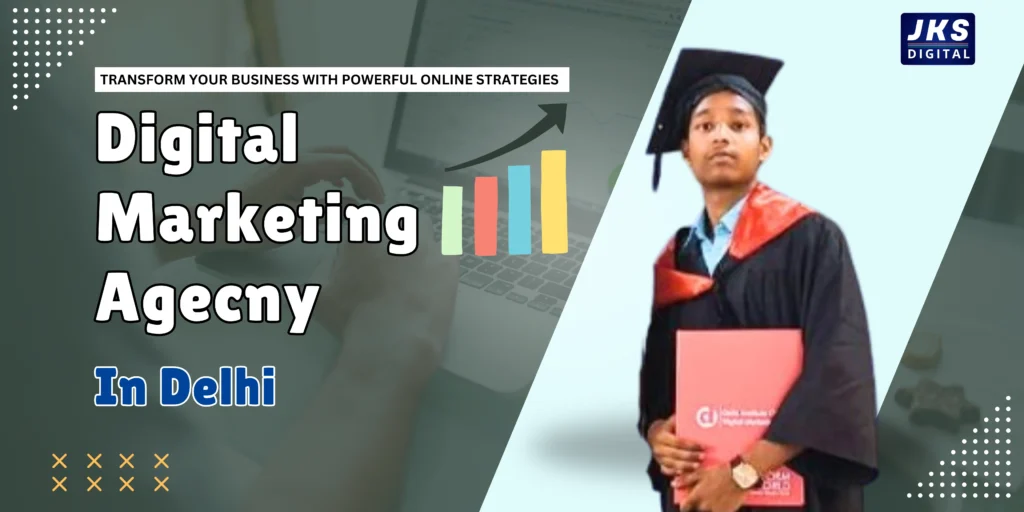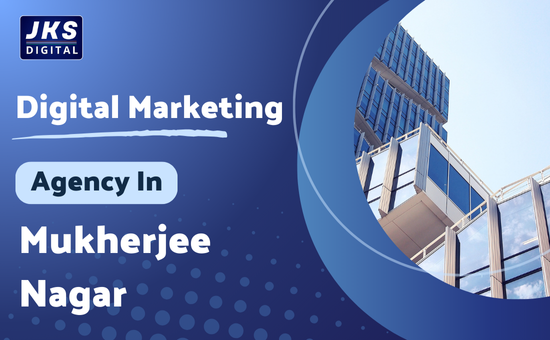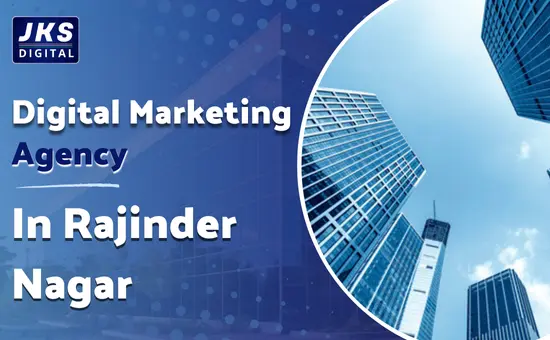SEO vs. PPC: In the world of digital marketing, businesses are constantly searching for ways to increase their online visibility and drive traffic to their websites. Two of the most popular methods for achieving this are Search Engine Optimization (SEO) and Pay-Per-Click Advertising (PPC). But which one works best for your brand? The answer depends on your objectives, budget, and target audience. In this article, we’ll provide a detailed explanation of both strategies, their advantages, and how to decide which one aligns best with your brand’s needs.
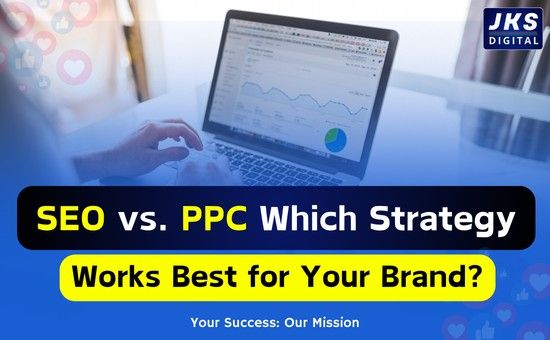
What is SEO?
SEO, or Search Engine Optimization, is the process of optimizing your website and content to rank higher in search engine results organically. By focusing on relevant keywords, creating quality content, and improving site performance, SEO helps your website attract more visitors without paying directly for ads.
Key Components of SEO:
- On-Page SEO involves optimizing individual web pages using relevant keywords, meta tags, and high-quality content.
- Off-page SEO entails creating backlinks and increasing website authority through external links.
- Technical SEO entails making your website quick, mobile-friendly, and crawlable by search engines.
Read also – Black Hat SEO in 2025: Risks, Penalties, and Alternatives
Advantages of SEO:
- Cost-Effective: Once established, organic traffic is free, making SEO a long-term investment.
- Sustainable Results: SEO provides consistent traffic over time, even without constant spending.
- Builds Credibility: High-ranking pages appear more trustworthy to users.
- Better ROI: Organic leads often have a higher conversion rate compared to paid traffic.
Challenges of SEO:
- Results take time; it can take months to see significant improvements.
- SEO requires continuous effort and regular updates to stay competitive.
What is PPC?
PPC, or Pay-Per-Click Advertising, involves paying for ad placements on platforms like Google Ads, Bing Ads, or social media. Advertisers bid on keywords, and their ads appear at the top of search engine results or on other digital platforms. You only pay when someone clicks on your advertisement.
Key Components of PPC:
- Keyword Targeting: Bidding on the right keywords to attract your ideal audience.
- Ad Copy and Design: Crafting compelling ads to boost click-through rates.
- Campaign Monitoring: Constantly analyzing and optimizing your campaigns for better performance.
Read also –SEO Trends 2025 for Blogging: Ways to Increase Organic Traffic
Advantages of PPC:
- Instant Results: Ads can drive traffic immediately after the campaign is live.
- Precise Targeting: Target your audience based on their geography, demographics, and interests.
- Scalable Budget: You can start small and scale as needed.
- Performance tracking: PPC gives detailed information on ROI, conversions, and ad performance.
Challenges of PPC:
- Can be expensive, especially in competitive industries.
- Traffic stops if you stop paying for ads.
- Requires expertise to manage bids, keywords, and budgets effectively.
SEO vs. PPC: A Side-by-Side Comparison
| Feature | SEO | PPC |
|---|---|---|
| Cost | Low cost but requires time and effort. | High upfront cost, but instant results. |
| Timeframe | Long-term; results take months. | Short-term; immediate results. |
| Sustainability | Sustainable; continues generating traffic. | stops when you stop purchasing advertisements. |
| Trustworthiness | Builds organic credibility. | Perceived as ads by users. |
| Control | Limited control over rankings. | Full control over ad placements. |
| Best For | Long-term growth and brand authority. | Quick promotions and lead generation. |
Read more – When to Do Content Marketing? Know the Right Strategy and Timing
When to Use SEO for Your Brand
SEO is the ideal choice if:
- You want organic traffic and long-term growth.
- You want to establish your brand as a credible and trustworthy source.
- You have a limited budget but are willing to invest time.
- Your industry has lower competition, making it easier to rank organically.
Example:
A local bakery wanting to attract customers through location-based searches like “best bakery near me” would benefit from SEO by optimizing its Google My Business profile and creating blog posts about its specialties.
When to Use PPC for Your Brand
PPC works best if:
- You need immediate visibility and quick results.
- You are promoting time-sensitive offers or events.
- Your industry is highly competitive, making it difficult to rank organically.
- You have the budget to invest in targeted advertising campaigns.
Example:
An e-commerce store launching a flash sale for a weekend would benefit from PPC by running targeted Google Ads to drive traffic and boost sales quickly.
Read also – 10 Proven Backlink Strategies to Elevate Your SEO Game
Bringing PPC and SEO Together: The Best of Both Worlds
For many brands, the smartest strategy is a combination of SEO and PPC. Here’s how they can work in tandem.
- Testing Keywords: Use PPC to test high-performing keywords, then target them with SEO for organic growth.
- Dominate Search Results: Appear in both organic and paid results to increase visibility and credibility.
- Data sharing: Your SEO strategy can benefit from insights gathered from PPC advertising.
- Short-Term and Long-Term Goals: Use PPC for immediate results while building SEO for sustainable growth.
How to Pick the Best Approach for Your Brand
To decide between SEO and PPC, ask yourself these questions:
- What is your budget? If it’s limited, start with SEO. If you have funds, use PPC for quick wins.
- How soon do you need results? PPC is best for instant visibility, while SEO requires patience.
- What are your long-term goals? Invest in SEO for consistent traffic and brand authority.
- Are you in a competitive industry? Use PPC to stand out while working on your SEO foundation.
Read also – Scope of Digital Marketing: Will It Increase or Decrease in 2025?
Conclusion
Both SEO and PPC are powerful digital marketing strategies, but their effectiveness depends on your brand’s unique goals. SEO is a long-term investment that builds credibility and organic growth, while PPC is perfect for immediate visibility and targeted campaigns. By understanding the strengths and challenges of each, you can make an informed decision or even combine the two for maximum impact.
Take the time to evaluate your goals, budget, and audience, and craft a strategy that aligns with your brand’s needs. After all, the best strategy is the one that helps your brand thrive.
Ready to take your marketing to the next level? Start optimizing or advertising today!

